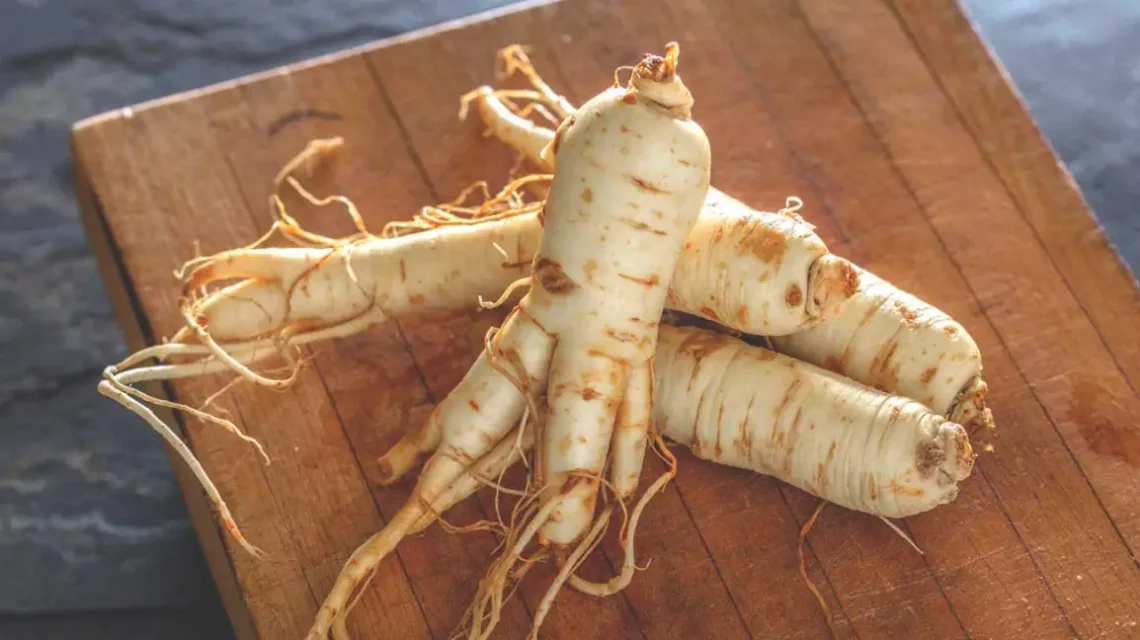Nestled within the rich tapestry of South Korea’s cultural heritage lies a revered botanical treasure: sâm 6 năm tuổi hàn quốc . Renowned not only for its medicinal properties but also for its profound cultural significance, Korean ginseng stands as a testament to centuries-old traditions and the pursuit of holistic well-being. Let’s embark on a journey to explore the deep-rooted heritage and the remarkable health benefits encapsulated within this esteemed herb.
A Heritage Rooted in Tradition
Ginseng, known scientifically as Panax ginseng, holds a venerable position in Korean culture, entwined with ancient folklore and traditional medicine practices. Referred to as “insam” in Korean, meaning “human root,” ginseng earned this name due to its resemblance to the human form, with its roots often shaped like a person. This similarity fostered the belief that consuming ginseng could bestow vitality and longevity, embodying the essence of a robust life.
The cultivation and harvesting of ginseng have been meticulously carried out in Korea for over a millennium. Cultivated primarily in the fertile soils of the Korean peninsula, the growth of this precious herb is considered an art form, requiring careful nurturing and patience. The roots, revered for their rarity and potency, are harvested after several years, embodying the wisdom of both nature and human cultivation.
Health Benefits and Modern Discoveries
Beyond its cultural significance, Korean ginseng boasts a plethora of health benefits, validated by modern scientific research. Rich in ginsenosides, the active compounds responsible for its therapeutic effects, ginseng is hailed for its adaptogenic properties. This means it aids the body in adapting to stress, bolstering the immune system, and enhancing overall resilience.
Its reputation as a natural energy booster and cognitive enhancer has garnered global attention. Studies have indicated its potential in improving mental clarity, focus, and memory. Additionally, Korean ginseng is believed to regulate blood sugar levels, support cardiovascular health, and exhibit anti-inflammatory properties, contributing to its status as a holistic health elixir.
Embracing the Cultural Significance
The cultural significance of Korean ginseng transcends its medicinal virtues. It is interwoven into various aspects of Korean life, from traditional medicine to culinary practices and even in the realm of beauty and skincare. In Korean cuisine, ginseng finds its way into teas, soups, and even confectionery, imparting not just flavor but also its esteemed health benefits.
Moreover, ginseng festivals and museums in South Korea celebrate this revered herb, offering visitors an immersive experience into its cultivation, history, and diverse applications. These festivals serve as a testament to the enduring legacy of ginseng in Korean culture.
Preserving the Legacy for the Future
Despite its storied past and enduring cultural significance, the conservation of Korean ginseng faces challenges. Factors such as climate change, habitat destruction, and the time-intensive cultivation process pose threats to its sustainability. Initiatives aimed at sustainable cultivation practices and the preservation of ginseng’s natural habitat are crucial to safeguarding this botanical treasure for future generations.
In conclusion, Korean ginseng stands as a symbol of cultural heritage and holistic well-being, bridging the realms of tradition and modern science. Its legacy endures not only through its health-promoting properties but also through the stories, traditions, and cultural practices woven around it. As we continue to unveil the mysteries and benefits of this revered herb, let us also strive to preserve its legacy, ensuring its presence for generations to come.





